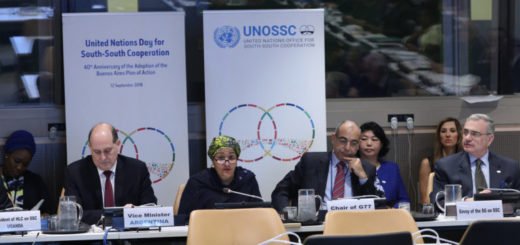The Uncertain International Order
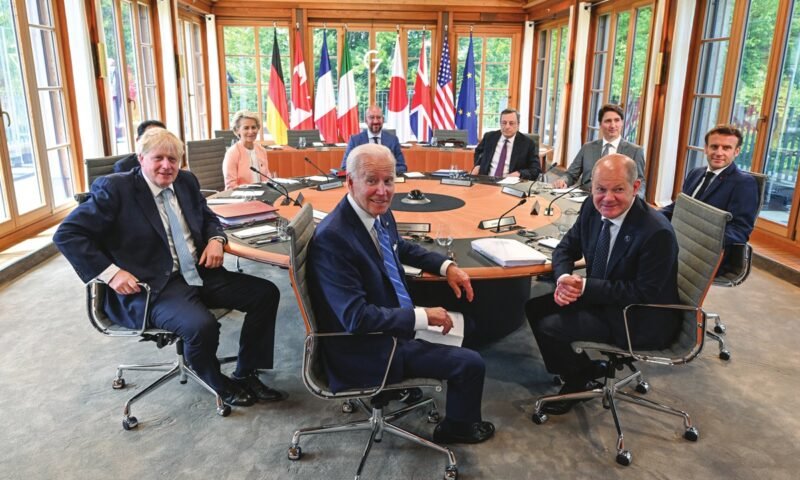
Introduction
The current global order is witnessing ‘Zeitenwende’- A turning point. The rising power competition of Russia and China against the west has disrupted the current global order. It has divided the world into two, a free world on one side and autocratic regimes on the other.
The Geopolitical tussle between the countries for applying their own rules has increased due to their revisionist tendencies. International institutions are becoming powerless.
The growing uncertainty has forced several countries to shift their focus to hard power mechanisms and strengthen their defence capabilities, For instance: Germany and Japan.
The pillars of global governance are wearing away. These cross-cutting tensions across the globe have greatly impacted the global markets and severely harmed food and supply chains. All this power competition has made collaboration among countries difficult.
Tensions on the Taiwan strait have increased, and several military exercises have threatened the region’s peace and stability. The developing countries have lost trust in the international order.
Furthermore, regional alliances against the west are emerging. The rising Sino-Russian cooperation has threatened the US-led order. Earlier, the crisis in Afghanistan, now Ukraine, tensions on the Taiwan strait, regime changes, and failure to tackle global challenges have questioned the existence of the International system.
With the Ukraine conflict, Europe separated over Russia, and the world divided, the world is now witnessing an uncertain future.
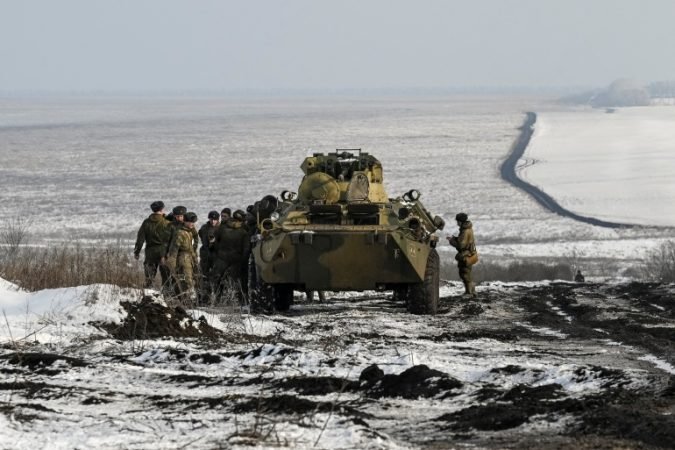
Uncertainty in Europe
The war in Ukraine has threatened European peace and security. Several European countries, like Germany, have decided to strengthen their defences.
Russia’s invasion of Ukraine has forced European countries to change their security architecture. Sweden and Finland have moved a step toward NATO membership.
Though the European Union (EU) imposed an embargo and oil price cap on Moscow, all this has boomeranged back on the EU, as Moscow decided to stop gas deliveries to Europe. It has disrupted the global energy market. Energy prices have increased massively.
With winter approaching, European member states have agreed to ration gas usage and shifted their focus to reducing gas consumption. This rising uncertainty has also forced Europe to import gas from countries like Qatar and Azerbaijan.
European countries are saving electricity, the German government has decided to switch off street lights and the French government has banned illuminated billboards.
Moreover, the EU has been facing the issue of European unity. Several member states like Hungary have disagreed with the EU on various fronts, especially on the issue of gas sharing. In fact, Hungary has shown a willingness to pay for Russian gas in rubles.
Poland is also doubtful about sharing gas with its EU member states. European solidarity is missing on several fronts. Several other problems are bothering Europe, like the rise of Populist parties and climate change.
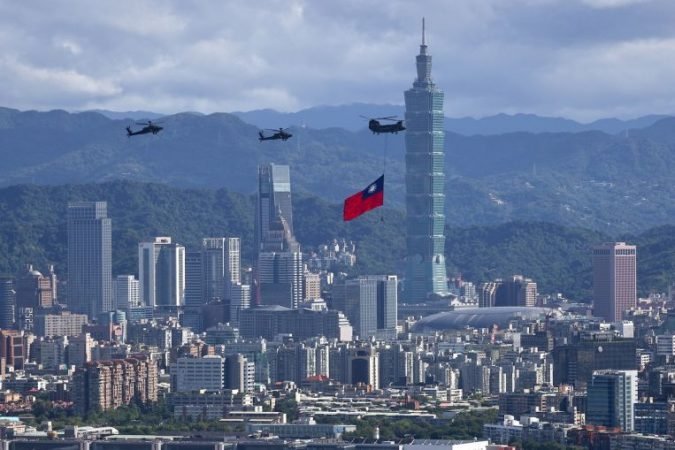
Tensions in the Taiwan Strait
US House Speaker Nancy Pelosi’s visit to Taiwan has accelerated the tensions between Washington and Beijing. The retaliation of the Chinese by conducting military drills along the Taiwan strait has deeply threatened the peace and stability across the region, impacting the global markets and food imports across the strait.
The visit of Speaker Pelosi came when the tensions between Washington and Beijing were high due to China’s implied backing of Russia for its war in Ukraine. Also, the issue of tariff reductions between Beijing and Washington has been ongoing.
A week before, US Navy warships navigated through International waters in the Taiwan Strait. This move of the US to deter China clearly shows its shift from the old policy of ‘Strategic ambiguity’ to ‘Strategic clarity.’ US credibility is at stake in Asia. Washington cannot afford China to control the entire region.
Over the past few years, China has illegally captured and militarized islands in the South China Sea. Its actions in the Taiwan strait will motivate neighbouring South China Sea states to strengthen their defence capabilities.
However, the chance of a military confrontation between the US and China is unlikely in the Taiwan Strait, as China is aware of its dependency on the US financial market and Taiwan’s semiconductor industry.
Nevertheless, Beijing’s activities may set a pattern of risw in military exercises in the strait, harming global shipping routes and trade.
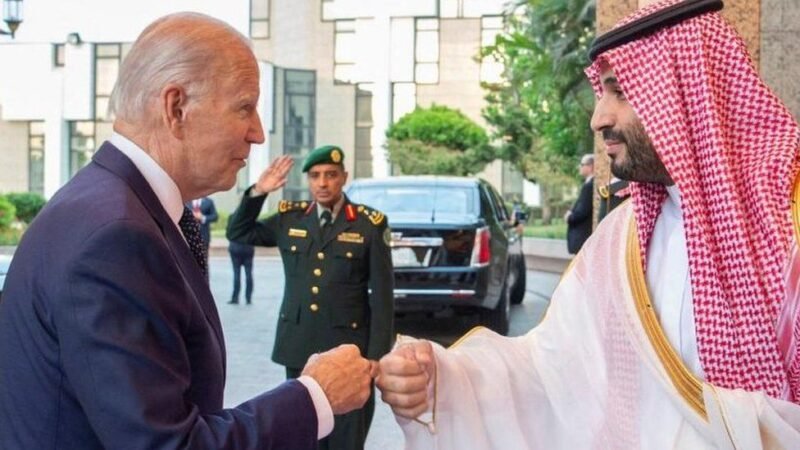
Middle East
Amidst the negotiations on the Iran Nuclear Deal, fears are rising about whether a failure in restoring the deal may create unrest in the Middle East.
The Middle East has been experiencing a series of groupings over the past few months. Balance of power in the region pushes countries to form groupings, from I2U2 to Russia and Iran.
With the increase in Arab-Israeli military ties, Iran finds itself isolated in this region, so it is now strengthening its relations with its partners. An anti-west coalition is on the verge.
Last month Turkish President Tayyip Erdoğan, Iranian President Ebrahim Raisi and Russian President Vladimir Putin held a meeting in Tehran. As western sanctions have hit Russia and Iran, these close military and trade ties between Moscow and Tehran will benefit both in handling the impacts of western sanctions.
The pragmatic friendships are proving beneficial, especially for Russia. Iran will also get strong support for its regional activities through its ties with Russia.
The bilateral ties between both have increased significantly. Last month an Iranian satellite launch was conducted by Russia. A few months back, Russia, Iran and China had conducted joint Naval exercises in the Northern Indian Ocean.
On the other hand, US President Biden met Saudi Prince Mohammed bin Salman in Jeddah on July 15, 2022, but not much has been achieved through that trip. The US links in the Middle East are slowly looking weaker.
Although the US has tried to counter China’s Belt and Road Initiative through the recent I2U2 grouping meet. However, China’s footprint in the Middle East is not only related to the energy sector but has gone deeper into medical management, real estate and high-tech.
With China having military ties with Saudi Arabia and UAE and strong regional energy linkages, China’s Naval footprint would increase further. Middle Eastern countries are focusing on China as an economical substitute due to the financial crisis in the region.
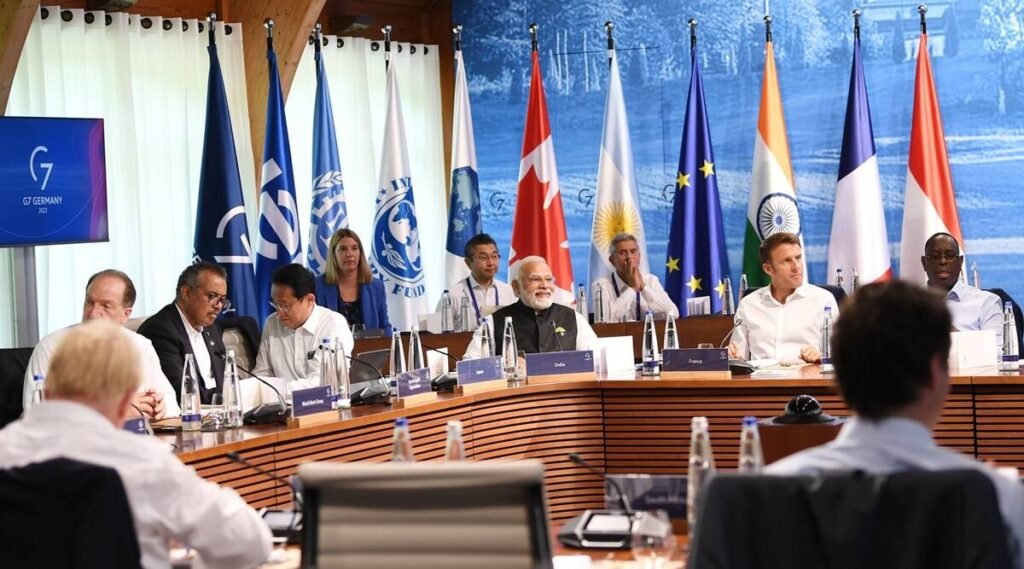
Conclusion
Several groupings have taken centre stage, the belief in international institutions is slowing down, and critical issues like climate change are getting ignored. Ignorance of current realities by great powers for their self-interests will jeopardize the world.
Collaborating to fight global challenges is the need of the hour. Handling urgent issues at the local and global levels requires more issue-based coalitions. The countries should redirect their approach amidst the fragility of International order.
Amidst this situation, India must find a way to manage its relations with the great powers. It must rectify its past foreign policy mistakes.
When geopolitical uncertainty is at its peak, the global supply chains are in a state of flux, the world is facing a food and energy crisis along with extreme climate events. This is the moment for India to demonstrate an agenda in its G20 Presidency, where it could play the role of a mediator.
In the current contemporary challenges, New Delhi will have an enormous opportunity of bringing the consensus of all countries in conjunction and advance the pace to tackle global challenges. Mainly to work on climate change mitigation, sustainable development and tackling poverty.



